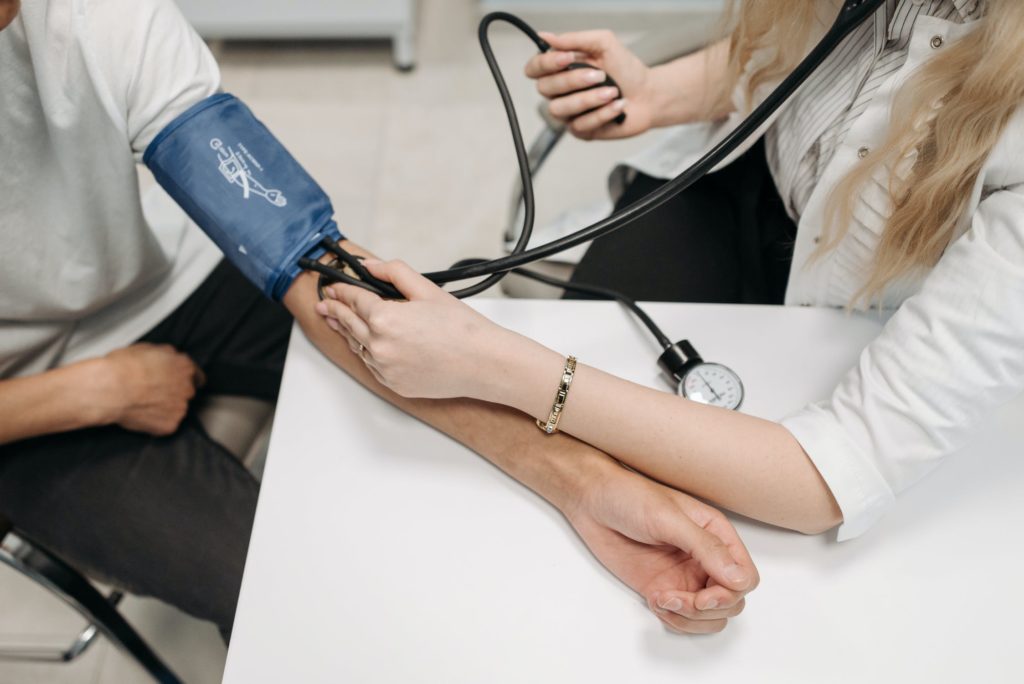Hypertension is a circulatory disease that affects all parts of the body. Because it occurs in the heart and blood vessels, hypertension is seen as cardiovascular disease. But when it goes untreated, many organs – including the brain – suffer from the impacts.
In fact, the most damaging impact hypertension can have on the body is the effects it has on the brain. Recent studies have shown that it has an impact on cognitive health. Seniors who want to live safe, independent lives must work on maintaining their blood pressure, and homecare workers can help!
What Does The Research Show Regarding Blood Pressure And Cognition?
Research from the American Heart Association shows that high blood pressure can accelerate cognitive declines like memory loss in middle-aged or older adults. It’s a problem that can occur even when the pressure goes up slightly and only for a short time.
Even those with prehypertension, which is a condition of slightly elevated blood pressure, saw faster declines in cognitive function than those within the normal range. At the same time, the research showed that controlling high blood pressure slows cognitive decline!
The normal blood pressure for seniors (as it is for everyone) is less than 120/80. The higher number is systolic pressure for when the heart pumps blood into the arteries; the lower is diastolic pressure, which records when the heart is relaxing and refilling with blood between beats. Both systolic and diastolic hypertension contribute to risk, and the higher these numbers, the higher the risk of cognitive impairment.
How Can Seniors Properly Maintain Blood Pressure?
Many factors influence blood pressure, and as such, it can vary from minute to minute and hour to hour during the day, let alone an entire lifetime. However, the risk of high and low blood pressure increases with age, and as such, seniors must know their blood pressure and take action.
If the senior does not perform actions like smoking, which they know they should quit, controlling blood pressure starts with a trip to the doctor. They can see if lifestyle changes alone aren’t enough to bring down blood pressure and prescribe medication. Specific medications for blood pressure like ACE inhibitors (which stands for angiotensin-converting enzyme inhibitor, and it relaxes blood vessels) are common, but the doctor may see that beta-blockers and diuretics are necessary.
Next, seniors must move more. If seniors have high blood pressure, they should get a minimum of 30 minutes of moderate exercise most days, if not every day. When speaking to a doctor, the senior should ask what kind of exercise is most appropriate.
Finally, seniors must maintain a proper diet. A diet high in fruits and vegetables, whole grains, fish, and low-fat dairy products can help them maintain blood pressure or lose any necessary weight. Consuming less salt, less saturated fat, and less alcohol can also go a long way!
Controlling blood pressure and improving cognition can be encouraged by a home care worker. They can make sure your loved one takes their proper medications, eats a healthy diet, and maintains their exercise routines.

